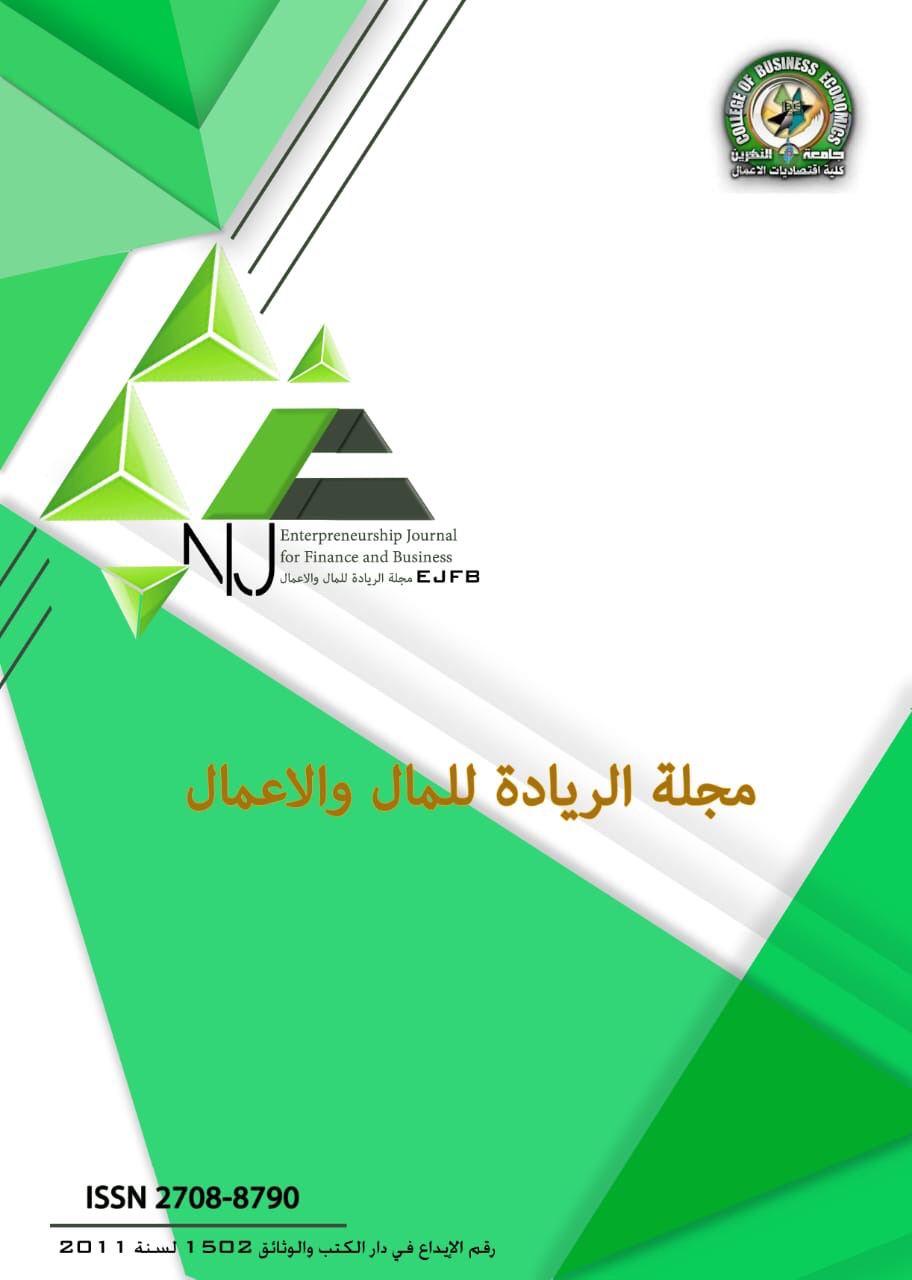The economic effects of tariffs in the Iraqi economy after 2003
DOI:
https://doi.org/10.56967/ejfb202139Keywords:
customs tariff, Iraqi Economic, macroeconomic variablesAbstract
Foreign trade is an important component of any country's economy because it reflects the extent of the interdependence of this country, the extent of its relations with the countries of the other world, the extent to which mutual benefits are, achieved between these countries and the relative advantages achieved for each country. The customs tariff, as a financial and protectionist tool, has an important role in influencing the balance of payments through the trade balance. Any country that suffers from a deficit in the trade balance, especially developing countries due to the high volume of imports over exports, resorts to the customs tariff because it is the easiest and safest tool to treat this deficit whose effects on The balance of payments as well as the amount of existing foreign exchange reserves to be able to fill the deficit in the remaining balance of payments accounts, such as the financial account, for example,
There is no doubt that the customs tariff exerts an indirect influence on the movement of local investments by giving allowances or emphasizing the import of raw materials or by imposing high tariffs on foreign investors so that the local investor can protect himself and secure his investments inside the country, and this was reversed in a hypothetical indicator To clarify the effect of the tariff on these investments, the research reached an important conclusion, which is the weak effect of the customs tariff on the overall macroeconomic variables due to the weak awareness of the economic authority of the importance of this element and that the trade openness had a negative impact on foreign trade, the expansion of the import structure, and the stability of the structure of exports. The recommendations stipulated in the research is to activate the social and economic role of the tariff by directing customs revenues towards supporting and strengthening the economic sectors to confront foreign competition
Downloads
Downloads
Published
How to Cite
Issue
Section
License

This work is licensed under a Creative Commons Attribution 4.0 International License.
This is an Open Access article distributed under the terms of the creative commons attribution (CC BY) 4.0 international license which permits unrestricted use, distribution, and reproduction in any medium or format, and to alter, transform, or build upon the material, including for commercial use, providing the original author is credited.






